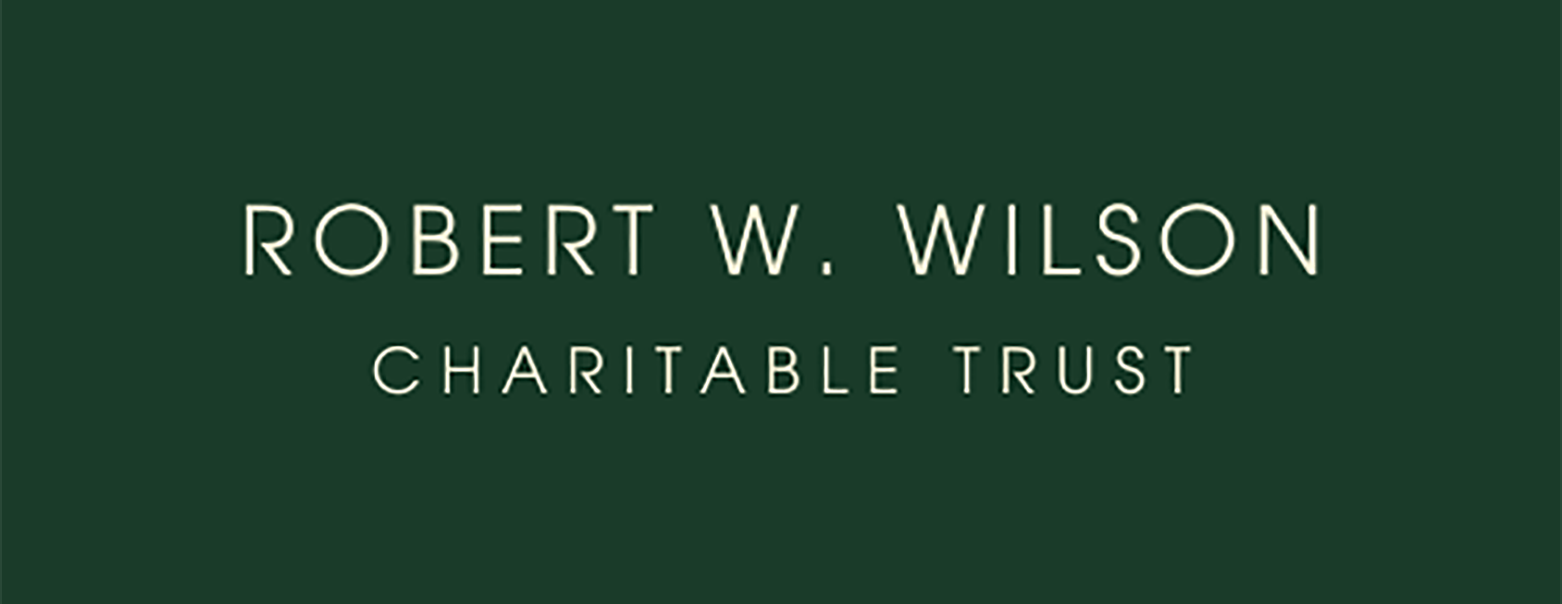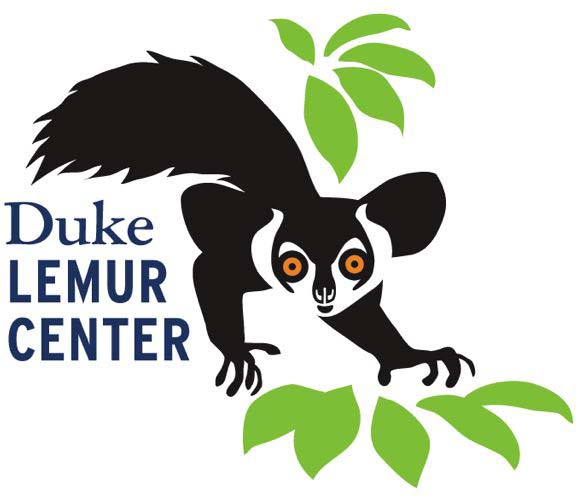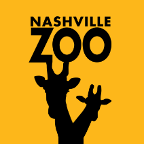I’m honored to share the Duke Lemur Center’s first annual Impact Report. It is something that I have wanted to produce for some time, and thanks to our talented team, it is now a reality. Its purpose is to provide each one of you—stakeholders, friends, donors, and fellow scientists, conservationists, and animal lovers—with an overview of what the DLC has accomplished throughout the previous year.
We’re proud to share specific examples of how your investments of money and trust have made a lasting impact in measurable ways through our work. It is my hope that you find the results worthy of your support, and that you share our sense of pride in what we accomplished together.
On behalf of all of us at the DLC, thank you for standing with us during these difficult and challenging times.
Greg Dye
Executive Director of the Duke Lemur Center
Overview
Whether you’re a longstanding supporter or a brand-new friend, we hope you will learn new things about the DLC’s work this past year. Each department has prepared its own report for this compilation. Click on the department’s name (highlighted in bold green font) to read the full report for each.
Administration

Director’s Report: While the economic impact of the pandemic will be felt for years to come, much was accomplished in 2020 to ensure the continued health and safety of our irreplaceable colony of lemurs.
Development: While we’ve very much missed visits from our valued supporters since we closed to the public in March 2020, our friends’ ongoing interest and support for our work has meant more than ever during such a difficult time in our world.
Financial Overview: Thanks to sound and responsive leadership and innovative thinking, the DLC was able to continue fiscal soundness during a turbulent year that included an $800,000 loss of revenue during the 2020 calendar year alone, due to the required cancelation of tour programs, summer camps, and events.
Student and Volunteer Programs: Despite the challenges of the year, our volunteers demonstrated resilience, selflessness, and commitment to the DLC community and to our mission. The pandemic also allowed us time to evaluate and improve volunteer onboarding and training materials; find and pursue connections with the DLC’s “alumni” (former interns, volunteers, and students); adapt some of our volunteer tasks for remote accessibility; and pause and consider new initiatives going forward.
Animal Care and Management
Animal Welfare: Animal welfare is an important component of the care of our captive population of animals. It extends beyond safety and health, and considers the physical, mental, and emotional state of an animal. Our animal training and enrichment programs are foundational pillars in our animal welfare program.
Colony Management and Conservation Breeding: Managing a colony of the planet’s most endangered mammals is challenging in the best of times. Add to that the challenges to protect our colony and staff from infection from COVID-19, and you can only begin to imagine what 2020 was like for our animal care team.
Veterinary Department: To say that the veterinary department was instrumental in the many changes at the Duke Lemur Center in 2020 would be a gross understatement. The decisions made by our two veterinarians to protect the DLC’s staff and its irreplaceable colony of the world’s most endangered mammals were critical to our success.
Conservation
Madagascar Conservation Programs: When Madagascar closed its borders in March 2020 in an effort to prevent the spread of COVID-19, DLC’s Madagascar conservation team quickly adapted its plans for managing projects on the island for the foreseeable future.
Public Outreach and Education

Communications and Engagement: For the DLC’s communications team, 2020 was all about staying relevant and keeping our audience of friends and followers engaged and informed, even with the loss of face-to-face, in-person interaction offered during onsite tours and events.
Educational Programming: The temporary closure of the tour program generated a cascade of challenges, but also created room for innovation and inventiveness.
Research
Division of Fossil Primates: The DLC’s fossil collection is used to understand our evolutionary journey as primates, and to study primates’ past as a way of protecting primates’ future. The year 2020 brought new discoveries to the fossil collection, as well as a strengthened focus on increasing awareness of the collection for a variety of potential new users—students, educators, scientists, and curious lifelong learners.
Registrar and Data Management: The Registrar and Data Management Department supported the many data and analytical infrastructure needs of the DLC throughout 2020, including developing a new database for our animal training program and generating reports to support the animal care staff in keeping records on every colony member.
Research Department: Despite a four-month shut-down in 2020 and subsequent limitations in how the DLC was able to accommodate research during the pandemic, the DLC’s research program continued to thrive.
Thank you
The Duke Lemur Center is a non-profit, tax exempt organization operating under Duke University (EIN 56-0532129), and is accredited both by the Association of Zoos and Aquariums (AZA) and the American Association for Accreditation of Laboratory Animal Care (AAALAC).
Thank you to the following premiere corporate sponsors and other organizations whose support provided a cornerstone to our success in fiscal year 2020, and a very special thank you to Martin Kratt for his significant contribution of time and talents toward our 2020 gala video, Me and You and Zoboomafoo.















